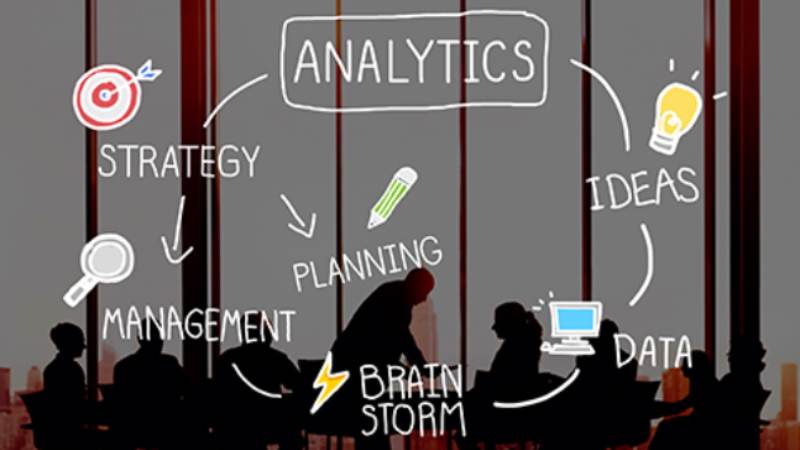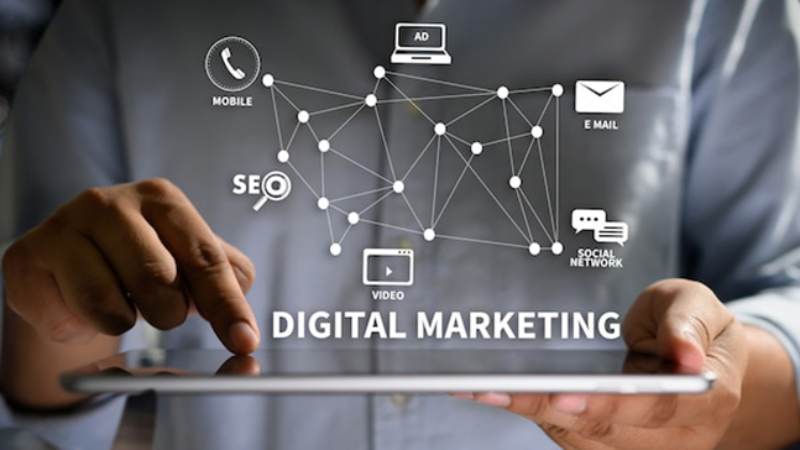Blog
Guide to Conversion Rate Optimization: Boost Your Digital Marketing ROI
Guide to Conversion Rate Optimization: Boost Your Digital Marketing ROI. In the competitive world of digital marketing, achieving a high
Blog
The Impact of Social Media Marketing: Why Every Business Needs It?
The Impact of Social Media Marketing: Why Every Business Needs It? In the dynamic landscape of the digital age, the
Blog
The Power of AI in Digital Marketing: Transforming SEO and Social Media Marketing
Digital marketing plays a crucial role in today’s business landscape, whether you are aiming to promote your business locally or
Blog
From Clicks to Conversions: Impact of Data Analytics in Digital Marketing
In the realm of digital marketing, the ability to convert clicks into meaningful actions and conversions is the ultimate goal.
Blog
The Digital Revolution: Why Digital Marketing is Vital for Business of All Sizes
The rapid advancements in digital technologies have brought about a significant transformation in business, society, and culture, leading to what









